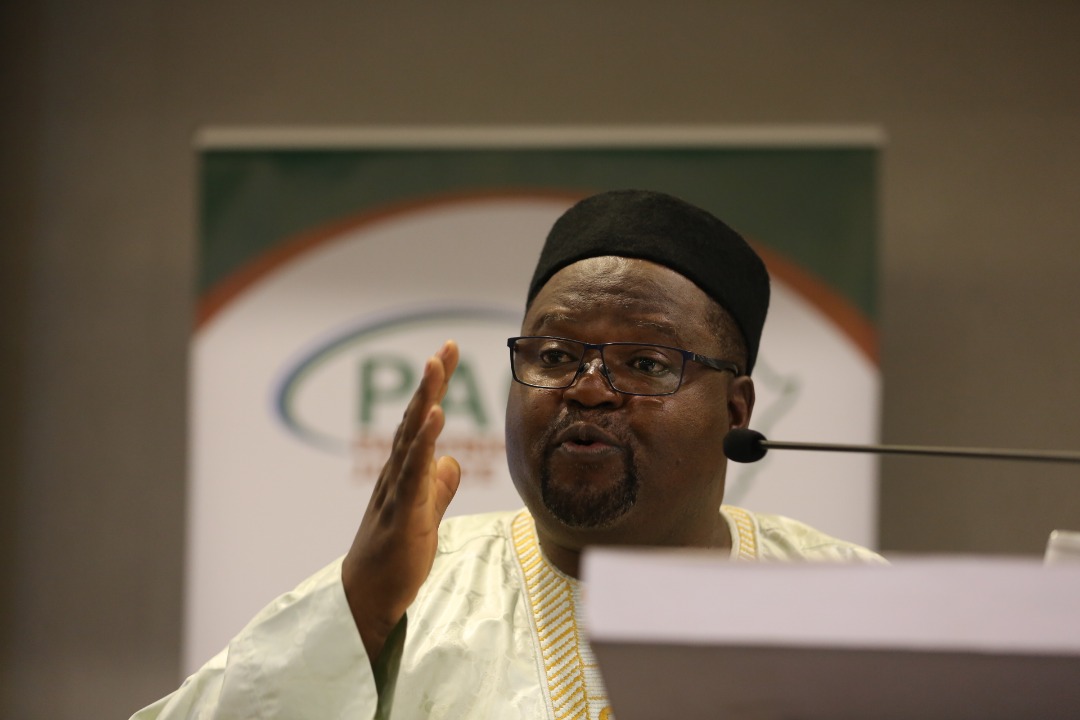
By Augustine B Njamnshi
The Kunming-Montreal Global Biodiversity Framework has just been adopted in Montreal as the major outcome of the COP15 of the Convention on Biological Diversity. The Kunming-Montreal Global Biodiversity Framework, as one last desperate attempt by mankind to reconcile with Mother Earth.
Coming at the heels of the Global Assessment Report of Biodiversity and Ecosystem Services issued by the Intergovernmental Science-Policy Platform on Biodiversity and Ecosystem Services (IPBES) in 2019, fifth edition of the Global Biodiversity Outlook, and many other scientific documents provide ample evidence that, despite ongoing efforts, biodiversity is deteriorating worldwide at rates unprecedented in human history.
As the IPBES Global Assessment report states: An average of around 25 per cent of species in assessed animal and plant groups are threatened, suggesting that around 1 million species already face extinction, many within decades, unless action is taken to reduce the intensity of drivers of biodiversity loss.
Without such action, there will be a further acceleration in the global rate of species extinction, which is already at least tens to hundreds of times higher than it has averaged over the past 10 million years.
Although the Framework states that the direct drivers of change in nature with the largest global impact have been (starting with those with the most impact) changes in land and sea use, direct exploitation of organisms, climate change, pollution, and invasion of alien species, we believe that a major driver is the selfishness and self-centeredness of the so-called modern man.
For past decades, we have seen growth in individualism that has been manifested by the powerful few, plundering and wasting Mother Earth as if there is no tomorrow and as if the world belongs to them. No Reconciliation with Mother Earth without Reconciliation with Man!
The framework acknowledges the important roles and contributions of indigenous peoples and local communities as custodians of biodiversity and partners in the conservation, restoration and sustainable use.
Its implementation must ensure their rights, knowledge, including traditional knowledge associated with biodiversity, innovations, worldviews, values and practices of indigenous peoples and local communities are respected, documented, preserved with their free, prior and informed consent, including through their full and effective participation in decision-making, in accordance with relevant national legislation, international instruments, including the United Nations Declaration on the Rights of Indigenous Peoples, and human rights law.
In this regard, nothing in this framework may be construed as diminishing or extinguishing the rights that indigenous peoples currently have or may acquire in the future. However, we have seen in past several decades, the current production and consumption patterns of the global North, have brought us crisis such as climate crises, and biodiversity loss crisis, with horrible consequences in the lives of those living in the tropics of the global south, yet nothing in the action of the global north shows any intention to change and empathize with these communities and peoples.
Acknowledging the roles and contributions of these people with commensurate action and measures to improve their lives will still be an insult to them. There is therefore the need to reconcile man on to man for the reconciliation of man on to mother earth to be effective!
Augustine B NJAMNSHI is Executive secretary, bioresources development and
conservation program, Chair, technical and political affairs, pan African climate justice alliance










